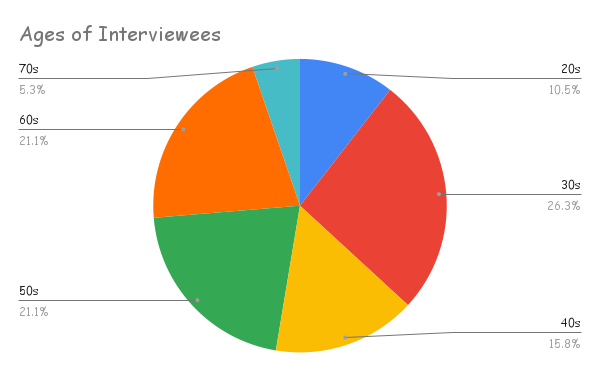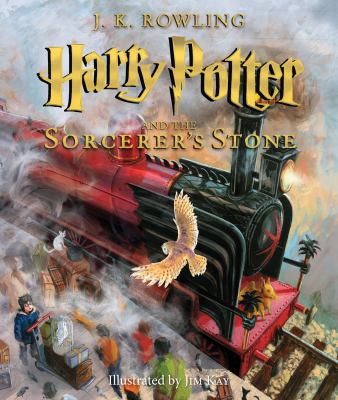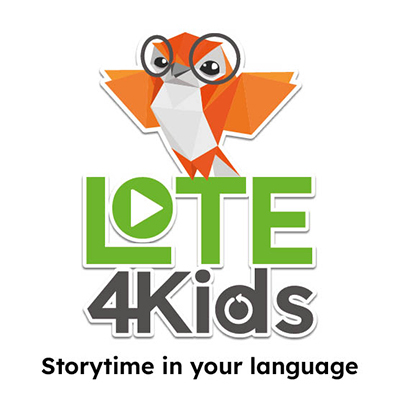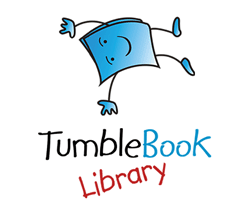Do you ever start a project assuming it will go one way, only for it to end up turning around, doing a cartwheel and laughing at your assumptions? This project did that to me. Originally, I questioned whether or not we would be able to see a difference between the childhood books that were influential to different generations. I ended up wondering about universal themes instead.
Before working at the library, I was never really a part of any multigenerational workplaces. When working in a preschool, it was really just people relatively close to my age. When nannying, it was just me. Now I regularly work with people of all ages, from late teens to early 70s and everything in between. Because of this, I have become fascinated with the little generational differences that pop up, from how we talk to each other to our reactions to external events. Knowing that, working in a library, most of us have pretty deep connections to books, I began to wonder whether some of the generational difference I saw came from the books we consumed in our youths. With this in mind, I staged informal interviews with 20 of my coworkers, hoping to uncover trends in the responses across the different ages.
4. How, if at all, do you think those books influenced the person you became?

Hypothesis
Results

- Self-insert– 55% (11 of the 20) of the interviewees said that the most influential stories were the ones where they could imagine themselves in the role of one of the characters (most often the protagonist), because of similar personality traits, looks or tastes. I think Kristy said it best when discussing Harry Potter: “…there’s something to it being extremely fantastical, however, Harry FALLS into fantasy. It felt like something *I* could fall into myself. It was easy to suspend my disbelief and put myself in that situation.”
- An introduction to new ideas– 50% (10 of the 20) were heavily influenced by books that opened their eyes to new possibilities. For some, this was learning about genres that they are still drawn to today, such as poetry or fantasy. For others, this was discovering that others had experiences very different from their own. Fascinatingly, this heavily overlapped with the self-insert category. It seemed like people most often liked those stories where they both felt like they could insert themselves into the narrative and also experience something new. As Maggie said about “A Wrinkle in Time,” “It wasn’t my world, but it did have a girl like me who was *in* that world. I felt like I could relate to her, and I even wanted to be her.”
- Shared with a loved one– 35% (7 of 20) remembered the books that they shared with someone close, whether that was a brother, mother, teacher or friend. This could have been one that they were given or that they actively read together. Either way, reading was a communal activity.
Regarding specific titles, they varied a lot more than I thought that they would. While the reasons the books were loved were similar across the board, the titles themselves were rarely mentioned by more than one person. To see a list of all the books mentioned (that we have here in the library), go here. The following books were mentioned twice, however:
“Harry Potter and the Sorcerer’s Stone” by J.K. Rowling holds the prize for being the only book mentioned by 3 different people.
Reflection
- Maybe we aren’t so different after all. Even if we grew up in different times, we’re all still just people who are trying to figure out this wild ride called life. While differences can, of course, be very important, we shouldn’t ignore the similarities.
- Never discount the value of representation. I know many of us are already thinking about this a lot these days. In my experience, there has (finally) been an explosion of conversations about how important it is to represent different cultures and viewpoints in our everyday life. Seeing someone like you in what you are reading can be an incredibly powerful moment. Regarding her experience, Amy said, “I was always very introverted. Now adays, that’s fine. But when I was a kid, you were considered rude or mean. [“The Runaway’s Diary”] made me feel like it was okay to be introverted. I saw someone like me and it was okay. I still read books with introverted characters now.”
- Exposure to new viewpoints can be eye-opening. While seeing yourself in the books you read is important, so is seeing a new point of view. Allowing your child to read something from different cultures or from a genre that is new to them may ignite a lifelong passion for the subject or even change their view of the world. My challenge to you is to pick up a book that you normally wouldn’t gravitate towards. You never know what may come from it.
- Cherish those valuable moments reading as a family. Even though sometimes reading may feel like a chore, that time together may be impacting your child more than you realize. Reading doesn’t have to be just a way to teach. It can be a way to connect as well.
Perhaps the most valuable lesson I learned from this project is that no one is boring. Even if people tell you that they don’t have anything interesting to say, chances are they do. Talk to people. Ask questions. You may just find that you both have a good time. With that in mind, we would love to hear from you. What books influenced you as a kid? Leave us a comment down below!
Happy reading!










